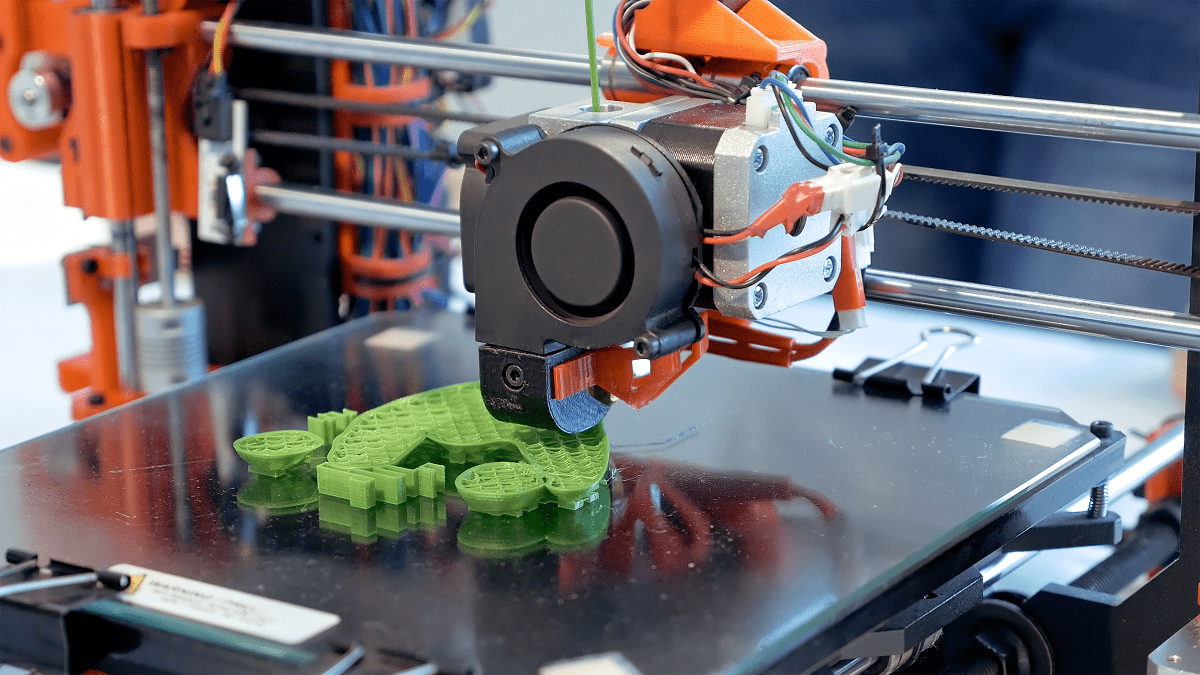3D printing is a very popular form of manufacturing, used to create objects from digital designs, by layering resin to build a 3D component. As 3D printing has grown in popularity in recent years, you may be wondering, why is it called additive manufacturing? The term additive manufacturing comes from the process of how objects are created in 3D printing. As we mentioned, 3D printers build the object, layer by layer, by continuously adding resin. This is unlike other traditional forms of creating or forging products, in which material is cut away or removed from a larger subject to achieve the final product. To simply answer the question “Why is it called additive manufacturing?”, it is because the build process adds instead of subtracts raw material.
How to Care for Additive Manufacturing Equipment?
Since 3D printers use resin to build objects it is important to know how to properly clean and maintain this equipment after use to prevent resin build up in the nozzle and print bed that could result in damage or malfunction. After printing you must use solvents like acetone and IPA to clean the machinery and remove any leftover resin particles.
- IPA – After printing, you should wipe down the print bed with IPA (isopropyl alcohol) which will break up and remove leftover resin, and leave behind a clean surface for your next print. Shop IPA Here
- Acetone – If resin begins to harden and build up in the nozzle of your 3D printer, it is recommended that you soak the nozzle in acetone, which will break up the hardened resin, and use a thin wire tool to scrape out the opening. Shop Acetone Here
Looking to Clean your 3D Printer?
If you work with 3D printing and additive manufacturing equipment it is important that you find a reliable chemical supplier to provide you with the right solvents to keep your machinery clean and functioning properly. Ecolink is a trusted provider of high purity chemicals who has the knowledge and experience to help you find the right solvent for your needs. To learn more about Ecolink and additive manufacturing solvents contact us today!















